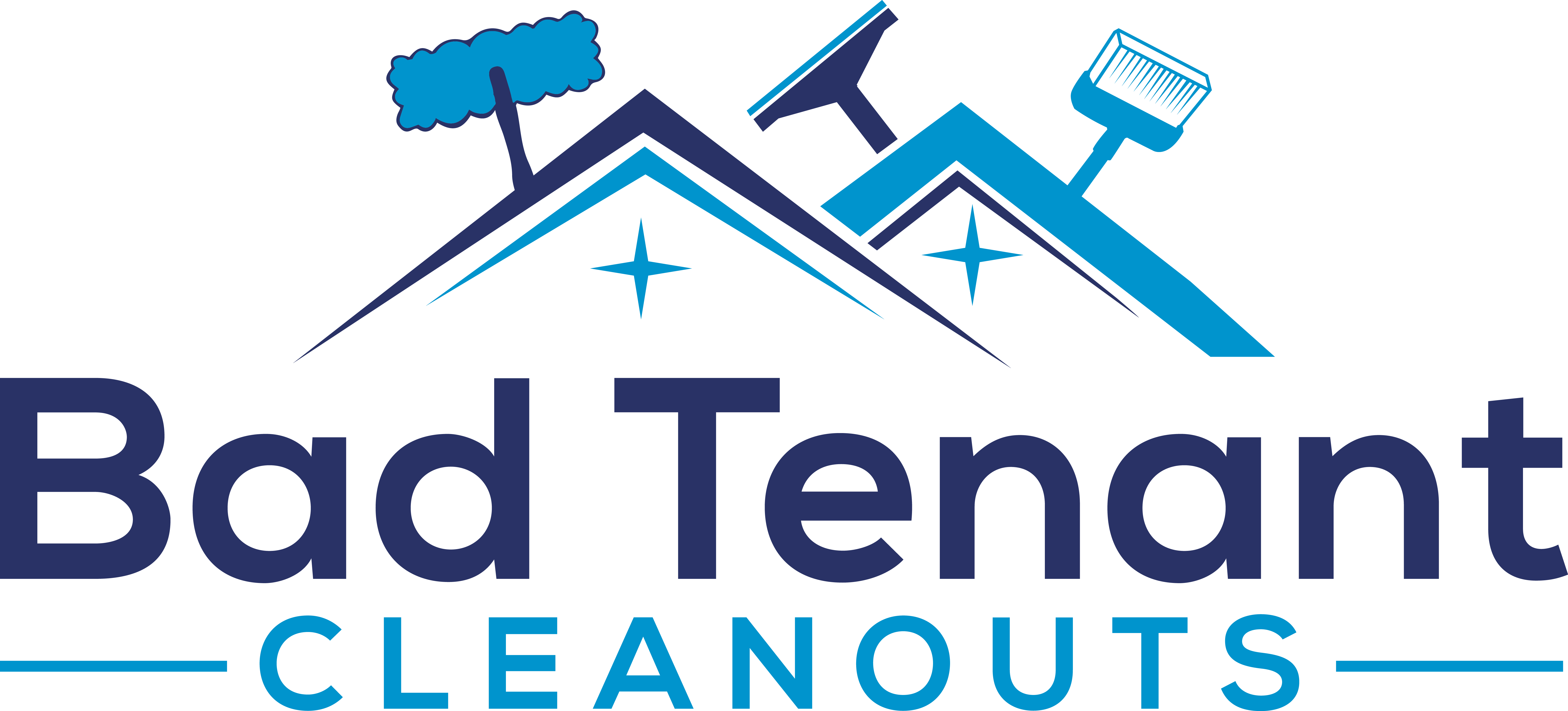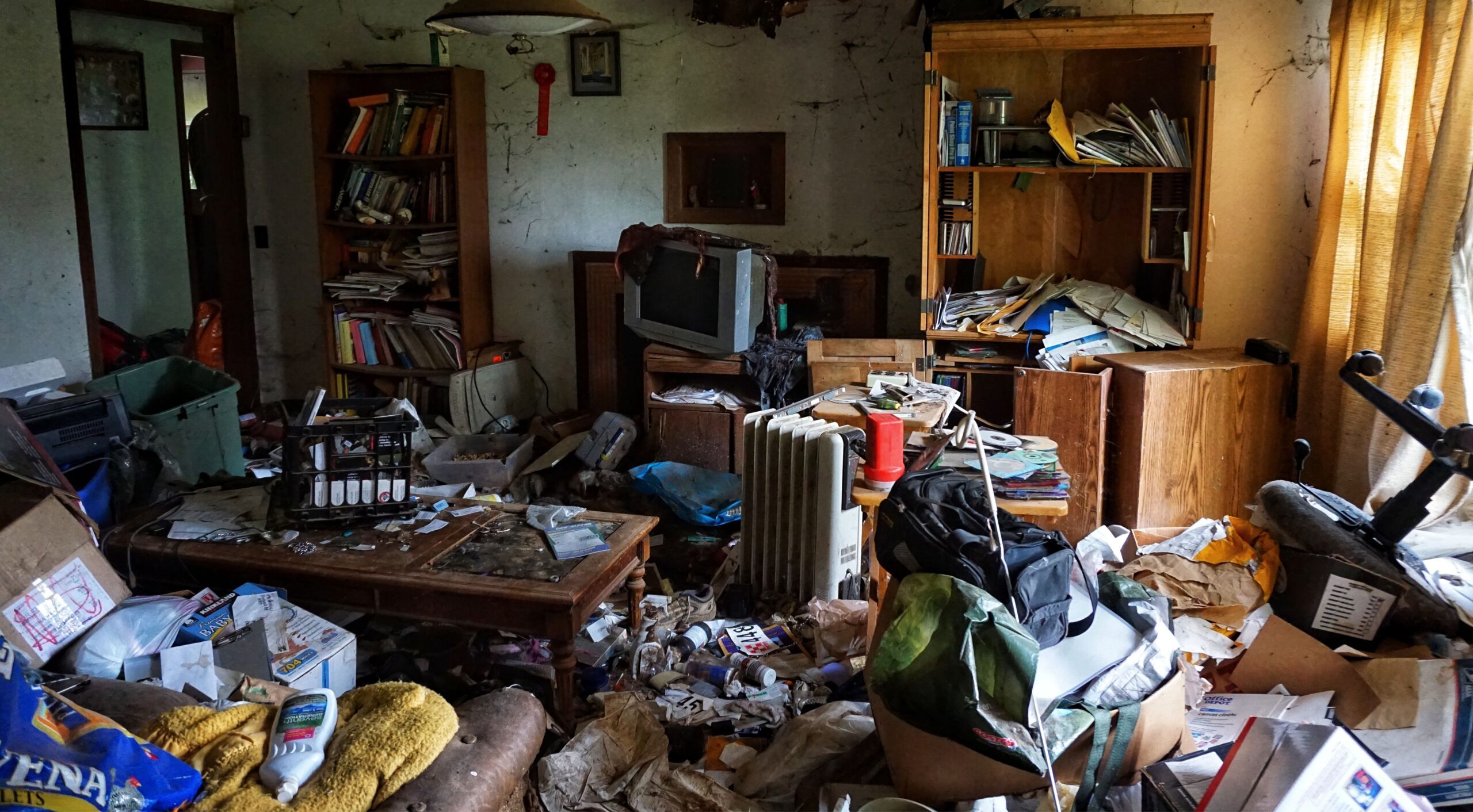Understanding Tenant Responsibilities When Moving Out: A Guide for Ontario Landlords
As a landlord in Ontario, understanding tenant responsibilities when they move out is crucial to managing your rental property effectively. Ensuring that tenants follow the correct procedures helps maintain the property’s condition, allows for smoother transitions between tenancies, and minimizes disputes. This guide provides an overview of what Ontario landlords should expect from tenants when they move out, based on the Residential Tenancies Act, 2006 (RTA) and other relevant regulations.
1. Proper Notice of Termination
One of the first responsibilities a tenant has when moving out is providing the landlord with proper notice of termination. In Ontario, tenants must give at least 60 days’ notice before the end of their lease if they are on a fixed-term lease (usually one year). If they are on a month-to-month lease, they are also required to give 60 days’ notice. This notice must be in writing and should clearly state the tenant’s intention to move out and the effective date of termination.
As a landlord, it’s important to keep track of these timelines and ensure that you receive the notice in a timely manner. If the tenant does not provide proper notice, they may be responsible for paying rent for an additional period until new tenants are found or until the proper notice period has been fulfilled.
2. Cleanliness and Property Condition
When tenants move out, they are responsible for leaving the rental unit in a clean and well-maintained condition. This includes:
- General Cleaning: The tenant should ensure that the unit is clean, including vacuuming, sweeping, mopping floors, and wiping down surfaces. Kitchen appliances, bathrooms, and any other frequently used areas should be thoroughly cleaned.
- Repairs and Maintenance: While normal wear and tear is expected, tenants are responsible for fixing any damage they have caused during their tenancy. This might include filling in nail holes, repairing any damage to walls, doors, or fixtures, and replacing any broken items that were part of the rental unit.
- Removal of Personal Belongings: Tenants must remove all their personal belongings from the unit by the end of the lease. Any items left behind may be disposed of by the landlord, and the tenant could be charged for the removal costs.
Failure to meet these responsibilities can result in deductions from the tenant’s security deposit (if applicable) or additional charges to cover the costs of cleaning and repairs.
3. Final Inspection
A final inspection of the rental unit is a critical step for both landlords and tenants. This inspection should ideally be conducted with both parties present and serves to document the condition of the property at the time of move-out. During the inspection, landlords should compare the current state of the property with the condition report that was created at the beginning of the tenancy.
If there are damages or cleanliness issues beyond normal wear and tear, the landlord may need to use part of the tenant’s security deposit (if one was collected) to cover the repair costs. If no security deposit was collected, landlords may pursue compensation through the Landlord and Tenant Board.
4. Return of Keys
Tenants are responsible for returning all keys to the rental property on or before the final day of their lease. This includes keys for the main door, mailbox, storage areas, and any other locked spaces that were provided during the tenancy. Failure to return the keys may result in charges for rekeying the locks, which could be deducted from the security deposit or billed directly to the tenant.
5. Utility Accounts and Final Bills
Tenants must ensure that all utility accounts (electricity, gas, water, etc.) are paid up to the move-out date and that services are transferred back to the landlord’s name or the new tenant’s name if applicable. It is advisable for tenants to take final meter readings on the last day of their tenancy and notify the utility companies of their move-out date to avoid being charged for services used after they leave.
Landlords should verify that these accounts have been settled to avoid any disruptions or unpaid bills that could become a legal issue.
6. Forwarding Address
Tenants should provide a forwarding address to the landlord before moving out. This is important for several reasons:
- Return of Security Deposit: If there is a security deposit, it must be returned to the tenant within a reasonable time after the lease ends, minus any deductions for damages or unpaid rent. Having a forwarding address ensures that this process can be completed smoothly.
- Final Correspondence: Any outstanding correspondence, such as receipts for final payments or legal documents, can be sent to the tenant’s new address.
7. Security Deposit and Last Month’s Rent
In Ontario, landlords are allowed to collect a deposit equivalent to the rent for one month, typically applied to the last month’s rent. This is not a damage deposit and cannot be used to cover cleaning costs or repairs. However, if the tenant has caused significant damage, the landlord may apply to the Landlord and Tenant Board to retain some of this money.
The tenant is also entitled to interest on the last month’s rent deposit, which is calculated based on the rent increase guideline set by the Ontario government. Any interest owed should be applied as a credit toward the rent or returned to the tenant when they move out.
8. Dispute Resolution
In cases where there are disputes over the condition of the property, unpaid rent, or other issues, both landlords and tenants have the right to seek resolution through the Landlord and Tenant Board. This board provides a legal framework for resolving disputes and ensuring that both parties’ rights are protected under the RTA.
As a landlord, it’s important to document all interactions and the condition of the property throughout the tenancy, especially during the move-out process. This documentation can be crucial if a dispute arises.
Being Aware of Tenant Responsibilities
Being aware of tenant responsibilities when they move out is essential for landlords in Ontario. By ensuring that tenants adhere to these responsibilities, landlords can protect their property, reduce turnover costs, and avoid potential legal disputes. Clear communication, thorough documentation, and a good understanding of the Residential Tenancies Act will help both landlords and tenants navigate the move-out process smoothly and fairly.


